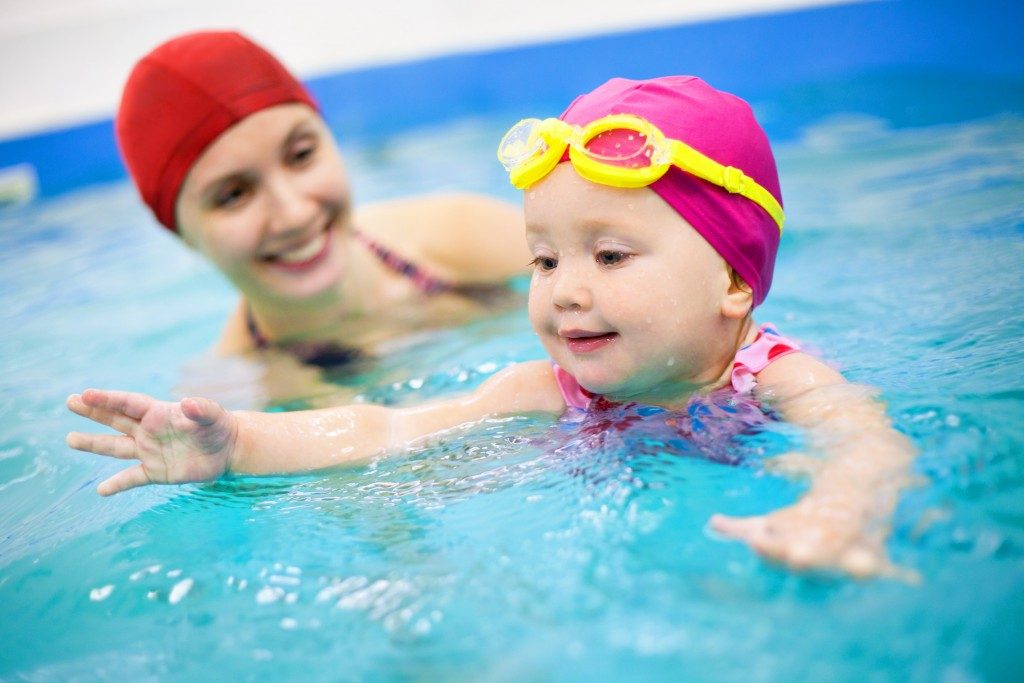Engaging in sports is a great way to help children have fun while learning to interact with other people.
But it’s a different dynamic when it comes to competitive sports. Some kids might be ready for that kind of challenge, while others aren’t quite there yet.
You might be contemplating if your child is ready for competitive sports. You’re right to pause and seriously consider this path for him or her. Three things must factor into your decision.
-
Maturity
The first and most obvious factor to consider is whether or your child is old enough. This applies to any sport, whether it’s football, basketball, baseball, or hockey.
If they’re too young, they won’t take it as seriously as you’d like. On the other hand, if you wait until they reach the early teenage years, they might be engaged in other hobbies or interests by that time.
According to several child development experts, children under eight years old should focus on having fun and being a good sport for other kids. While you might hear stories from successful professional athletes about how early their parents got them to play competitively, these cases are exemptions to the general rule.
Just remember that not all kids are the same. Some need more time to develop a good attention span, listening skills, and appreciation of team instruction while others are exceptionally quick at catching on to these foundational skills.

-
Balance of skill and passion
The next thing you should consider is raw talent or skill. Does your child exhibit a certain degree of proficiency when handling the ball or moving through the field? If yes, and they’re also genuinely interested in the sport, then they might be ready for higher competition.
However, you won’t always have the right mix of skills and passion. Kids love playing basketball or baseball, but if they don’t possess the skills that can help teams win, the coach might not give them enough playing time. And that can have a demoralizing effect on a child.
Your child just might need more time and coaching to develop the necessary skills. If that’s the case, then parents must emphasize mastery and enjoyment over winning. According to Jim Thompson, founder of Positive Coaching Alliance, focusing on self-improvement can help kids develop both skill and confidence — two things that are well within their realm of control, unlike the outcome of winning.
If he or she wants to meet new people to play with, enroll your child in a football camp. If they’re interested in how they’re improving at their baseball pitches, you can get them a decent baseball radar gun to measure ball speed.
The key is to invest time and resources in opportunities that will help them master the sport.
-
Life outside sports
Lastly, think about life outside of organized sports. The latter demands a lot of time and discipline — potentially forcing kids to give up other interests (e.g., drawing, board games, engaging subjects in school).
Kids are only starting to figure out what they like and what they’re good at. If they experience competitive play and a structured routine at a young age, these can stifle their imagination and creativity in other areas of their life.
While engaging in competitive sports won’t guarantee these outcomes, parents need to be mindful of giving their children enough free time to explore other interests.

